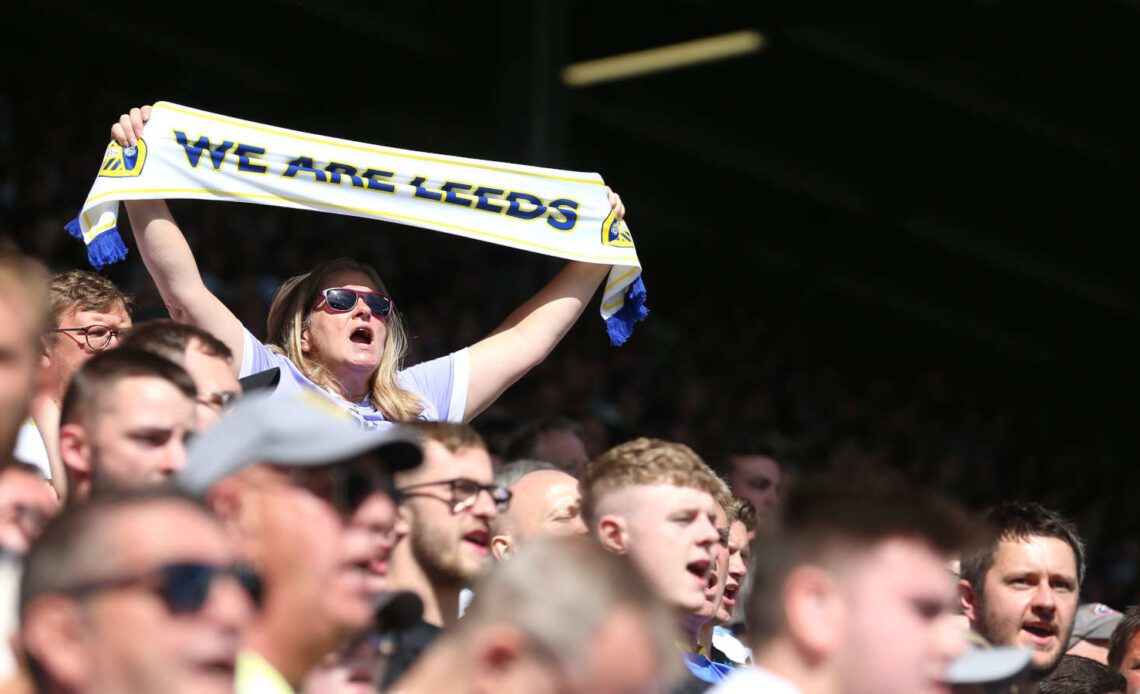Leeds took Chelsea to pieces with a performance that marks a significant milestone in their post-Bielsa identity. Jesse Marsch has arrived.
A lot has changed over the last twenty years. On the 28th December 2002, Leeds United played Chelsea at Elland Road. Leeds were already starting to feel the effects of the fasting required after the high spending years under Peter Ridsdale, having narrowly failed to qualify for the Champions League at the end of the season, when in truth they needed ongoing qualification to be able to afford the debt they’d already accrued.
And Chelsea were in a worse financial condition than anybody realised at the time, with the sale of the club to Roman Abramovich at the end of that season, when they’d just squeezed into the Champions League, coming just as the club was set to default on a £75m loan that would almost certainly have left them in administration. Leeds won the match 2-0, with one of the goals coming from a then 16 year-old James Milner.
To say that the intervening two decades have brought differing experiences for the two clubs would be to somewhat understate the extent to which their experiences would diverge over the next twenty years. Rocket-fuelled by Abramovich’s money, Chelsea have been the champions of England five times and the champions of Europe twice, established firmly at Europe’s top table by the time of his enforced departure earlier this year.
For Leeds, those intervening years brought administration and third tier football before the arrival of Marcelo Bielsa and an eventual return to the Premier League. More or less the only common factor between the two clubs at over this time came when Ken Bates pitched up at Elland Road as the club’s owner. It didn’t end so well.
Leeds vs Chelsea is a match fresh from football’s period of industrialisation. Chelsea’s growth game from the 1960s, from the King’s Road. Leeds became the motor city, picked as the backdrop for Stanley Kubrick’s imagining of a near-future dystopia, A Clockwork Orange.
When the two clubs met in the 1970 FA Cup final, they kicked lumps out of each other on a Wembley pitch fit for the Horse of the Year Show, and five days later the replay at Old Trafford attracted what remains the sixth most-watched broadcast in the history of British television.
One of the contradictions of Leeds’ return to the Premier League has been that their ‘Big’ matches haven’t been quite as tense as they might have liked. Their four…
Click Here to Read the Full Original Article at Football365…

